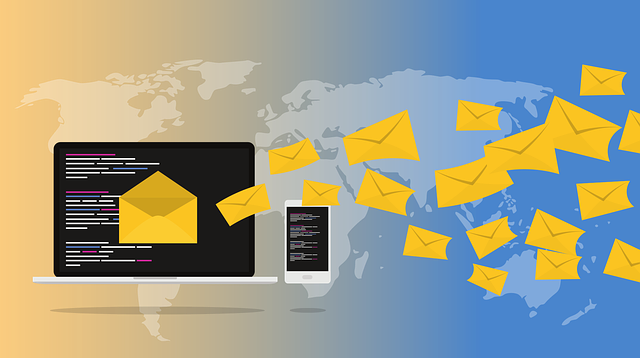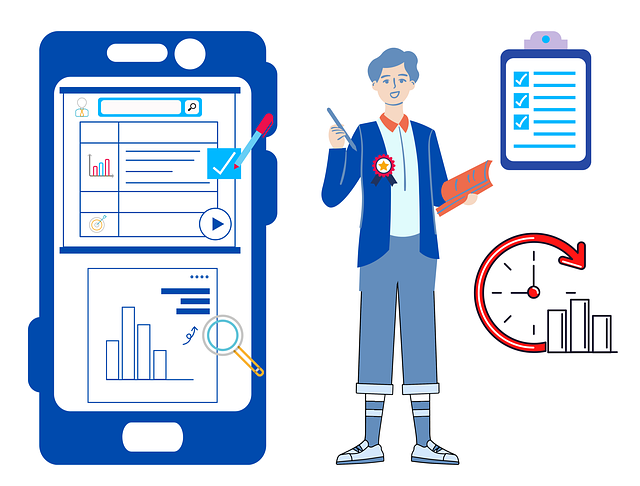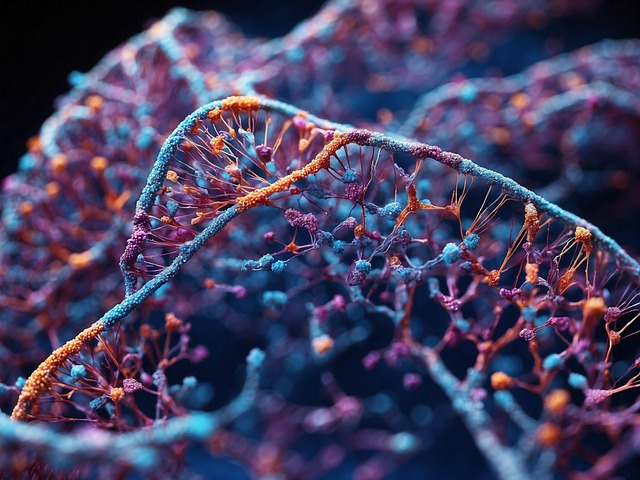AI tokenization revolutionizes mobile home apps by breaking down data into manageable tokens, enabling efficient processing from multiple sources. This enhances security through data masking and privacy protection, while facilitating personalized experiences. AI tokenization risk analysis engines are vital for identifying and mitigating threats, ensuring the integrity of features like predictive maintenance and smart automation. A structured approach, including comprehensive risk analysis and automated scanning, is essential for seamless integration, addressing security, privacy, and regulatory compliance issues.
The integration of AI into the mobile homes app ecosystem is transforming how we interact with our living spaces. This article delves into the core components driving this evolution, focusing on AI tokenization and its pivotal role in enhancing user experiences. We explore advanced risk analysis engines that safeguard data and ensure secure AI-driven interactions. Furthermore, practical strategies are unveiled to seamlessly integrate AI tokens within the app ecosystem, highlighting the potential for a future where AI-enabled homes become the norm.
- Understanding AI Tokenization and Its Role in Mobile Homes App Integration
- Risk Analysis Engines: Mitigating Challenges in AI-driven Ecosystems
- Strategies for Seamless Integration of AI Tokens within the Mobile Homes App Ecosystem
Understanding AI Tokenization and Its Role in Mobile Homes App Integration

AI tokenization is a process that involves breaking down complex data into smaller, more manageable tokens, which can then be used to enhance various aspects of mobile homes apps. This technology plays a pivotal role in the integration of artificial intelligence (AI) within these applications, allowing for smarter and more efficient decision-making processes. By tokenizing data, AI risk analysis engines can quickly process vast amounts of information from multiple sources, such as sensor data from smart homes or user behavior patterns on mobile platforms.
This approach enables seamless integration by ensuring that the app can interpret and utilize diverse data types effectively. Tokenization also enhances security measures by masking sensitive information, reducing potential risks associated with data breaches. It allows for personalized experiences tailored to individual users while maintaining data privacy, which is essential in today’s digital landscape.
Risk Analysis Engines: Mitigating Challenges in AI-driven Ecosystems

Risk Analysis Engines play a pivotal role in mitigating challenges within AI-driven mobile home app ecosystems. By employing AI tokenization techniques, these engines can identify and assess potential risks associated with data privacy, security breaches, and algorithmic biases. This proactive approach ensures that the integration of AI technologies aligns with robust safety standards, fostering user trust and confidence.
Through continuous monitoring and adaptive learning, risk analysis engines can anticipate emerging threats and implement necessary safeguards. This dynamic process is crucial in maintaining the integrity and reliability of AI-powered features within mobile home apps, such as predictive maintenance, smart home automation, and personalized assistance. By leveraging these engines, developers can create more secure and resilient ecosystems that enhance user experiences without compromising data protection.
Strategies for Seamless Integration of AI Tokens within the Mobile Homes App Ecosystem

To achieve seamless integration of AI tokens within the Mobile Homes app ecosystem, a structured approach is essential. Begin with a thorough risk analysis to identify potential challenges and vulnerabilities associated with tokenization. This involves evaluating data security, privacy concerns, and ensuring compliance with relevant regulations such as GDPR or CCPA. By mitigating these risks early on, developers can create a robust foundation for AI integration.
Next, leverage powerful AI risk analysis engines to automate the process of identifying and addressing potential issues. These engines can scan through vast amounts of code and user data, pinpointing areas where tokens might be vulnerable to misuse or manipulation. Regular updates and patches should be implemented to keep up with evolving security threats, ensuring that the integration remains robust and protects sensitive user information throughout its lifecycle.
The integration of AI tokenization into mobile homes apps, facilitated by robust risk analysis engines, offers a promising future for the app ecosystem. By addressing challenges through strategic implementation, this technology can enhance user experiences and unlock new possibilities in the housing market. AI tokenization, with its potential to streamline processes and increase security, is set to become a key driver of innovation within the mobile homes app environment.
